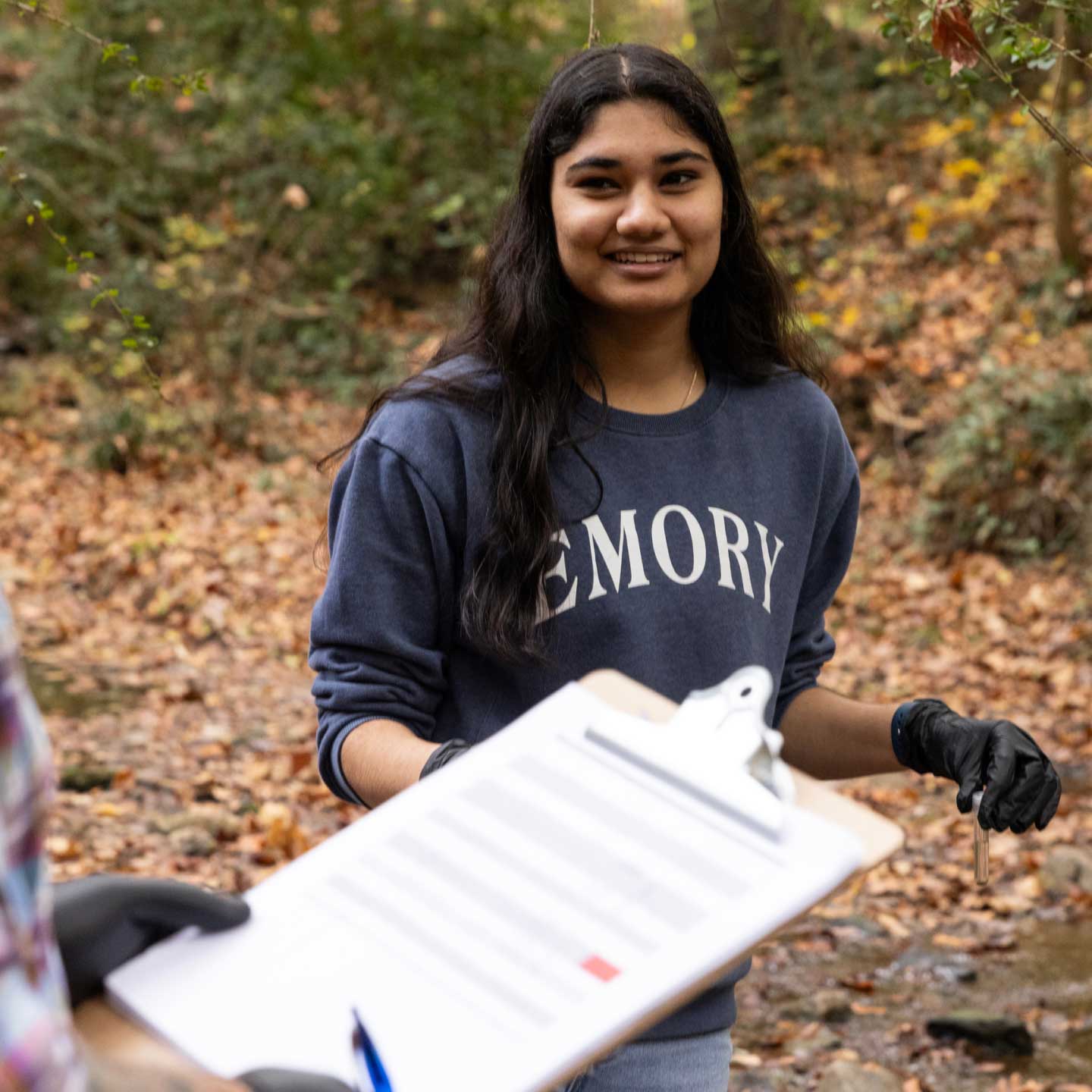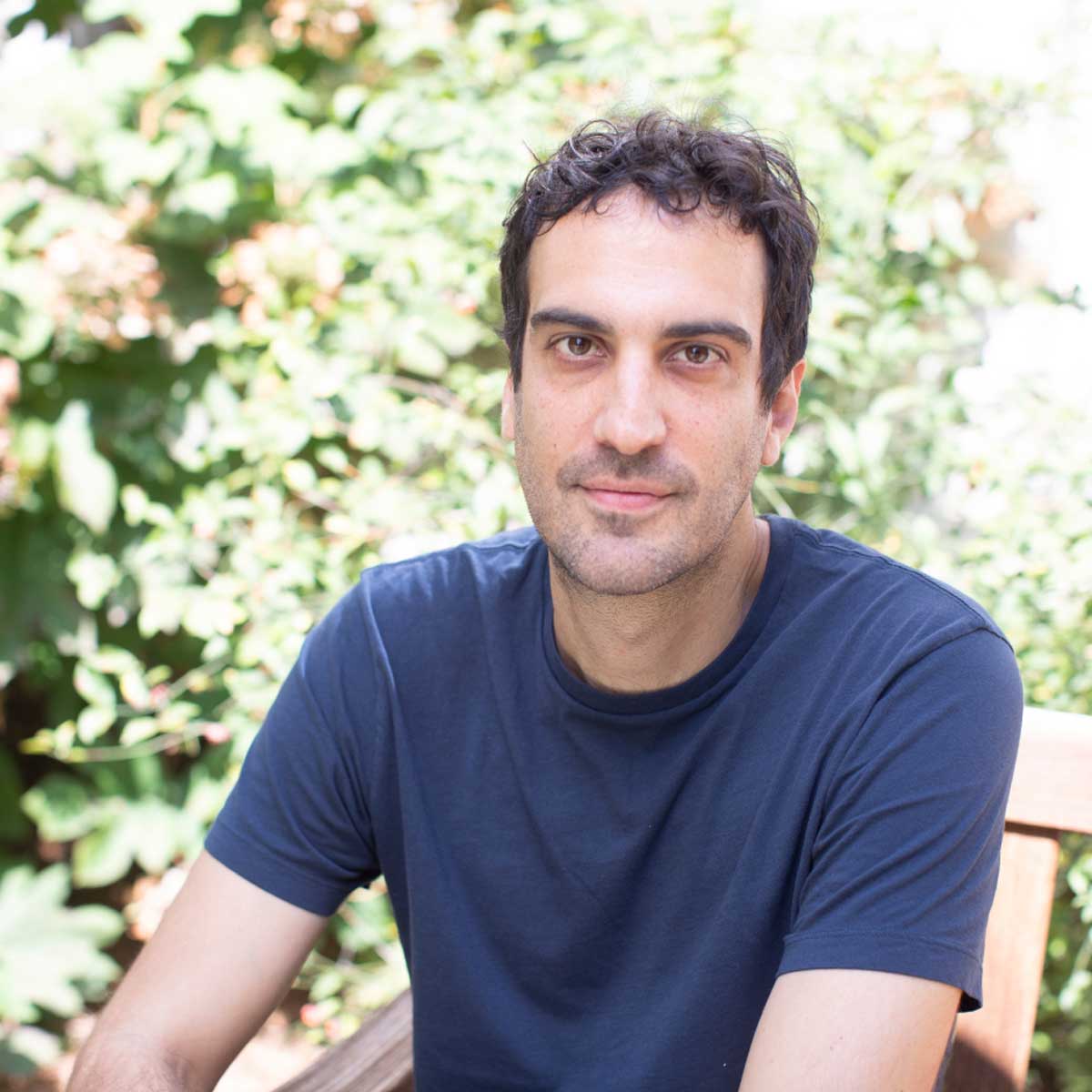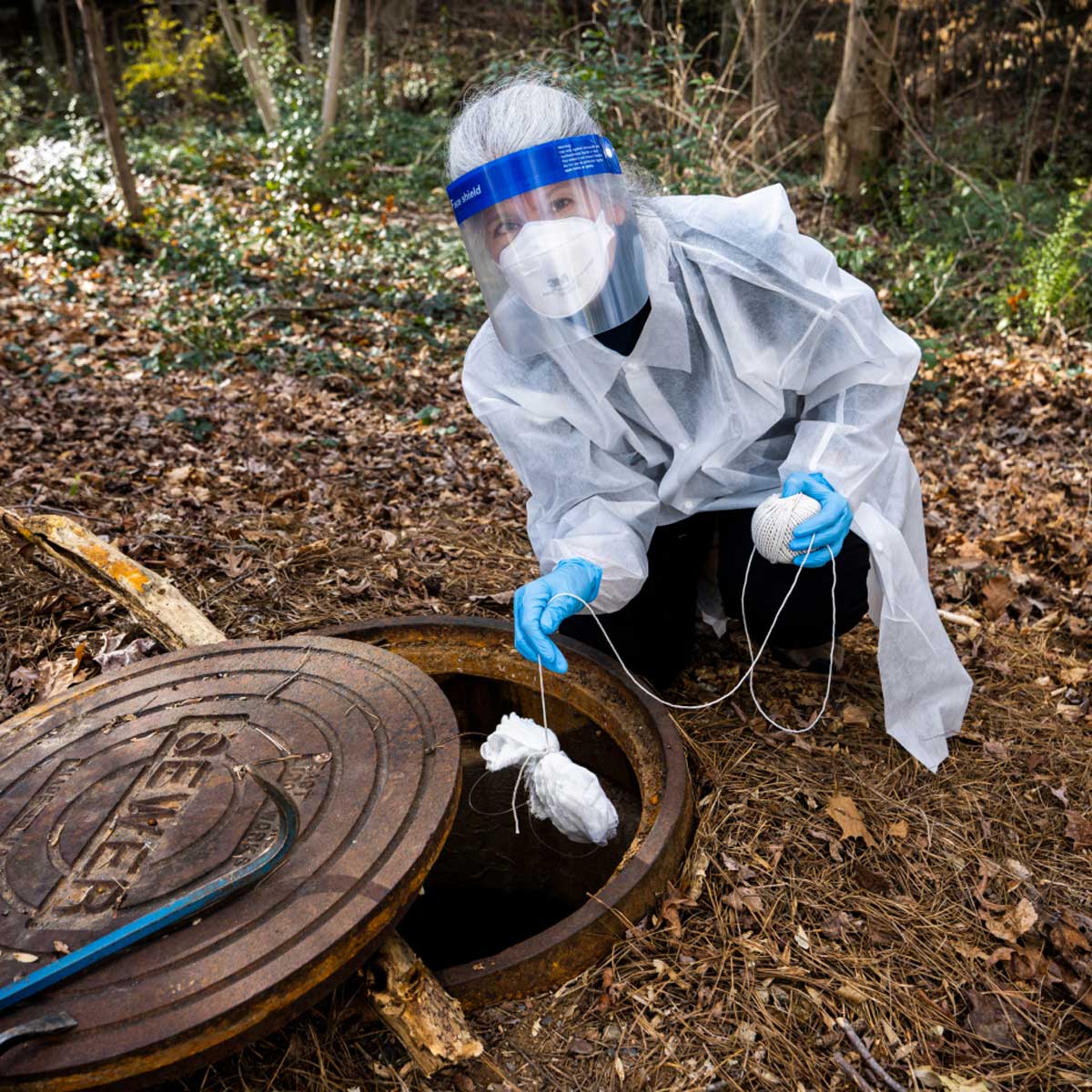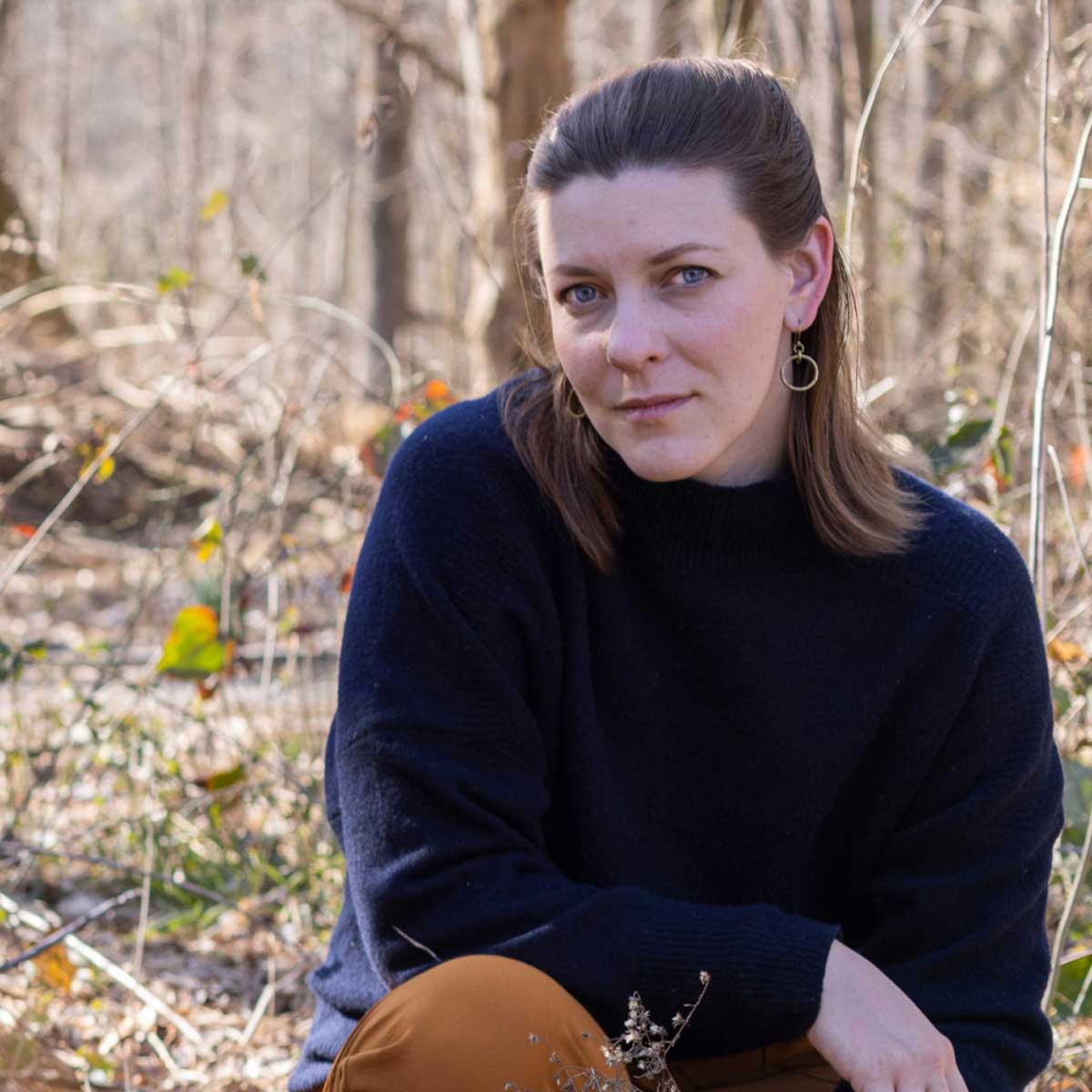Shape the future of environmental health
From the molecular to the planetary, the field of environmental health is key to ensuring a healthy, sustainable future for all. The Gangarosa Department of Environmental Health (EH) is at the heart of this exciting, essential field. Get ready to become a leader in addressing the most pressing environmental challenges of our times.
Gateway to global impact
Our Master of Public Health (MPH) in environmental health is a gateway to understanding the intricate relationship between environmental factors and human health. Our uniquely interdisciplinary approach delves into chemical, physical, and microbial hazards in various environments paired with invaluable real-world experiences.
Applied practice experience
Gain real-world skills and actively change the world around you with offerings like the Rollins Earn and Learn program or global field experience at a range of locations across the globe.
Expert collaboration
Partner with renowned environmental health experts and leading professionals to help tackle global challenges, including climate change, toxicology, and water sanitation.
Research and policy impact
Learn to conduct influential research, communicate results, and shape environmental health policies. This hands-on experience not only makes a tangible difference in public health, but also positions you as a leader in the field.

Master your future
Our MPH programs blend academic rigor with practical relevance and research skills to prepare you to address today’s top environmental health issues. You'll receive mentorship from global experts, engage in important projects, and gain career coaching and development opportunities.
You will be able to customize your master’s degree with specialized learning paths for certificates in critical areas such as data science and analytics, air and water pollution, climate change, and environmental justice.
Rollins offers four MPH programs in environmental health:
A range of opportunity
With an MPH in environmental health, the opportunities are endless. You can land roles in both the public and private sectors, from governmental agencies and NGOs like the U.S. Environmental Protection Agency and CARE International to Fortune 500 companies and consulting firms.

Learn from the top in the field
Our award-winning faculty members are not just educators; they’re also mentors and leaders in environmental health. Receive individualized attention and guidance from global and local experts about environmental policy, analytic chemistry, remote sensing, and more.





Research is at our core
The department’s research spans air pollution, toxicology, climate change, and more—and we received over $18 million in grant funding in 2023. We're home to renowned research centers such as the HERCULES Exposome Research Center and the Center for Global Safe WASH, and our collaborations extend to universities, governmental agencies, including the National Institutes of Health (NIH), and private companies globally. With funding from prestigious institutions, our research initiatives push the boundaries of environmental health science to truly make discoveries that make a difference.
Environmental Health News
New Study Shows Air Pollution Increases Risk of Developing Alzheimer’s Disease
April 8, 2024
A new Emory University study has found that adults exposed to high levels of air pollution were at an increased risk of developing Alzheimer’s disease. This study was published in Environmental Health Perspectives, was the largest of its kind, and adds to the growing body of evidence.
Yang Liu Named 2024 Vulcan Materials Company Teaching Excellence Award Winner
May 13, 2024
Liu was selected for his “exceptional teaching, commitment to students, and leadership to enhance the campus (and Atlanta) community” and was nominated by a number of his PhD students.
Rollins Researchers Part of $39.5M Effort to Revolutionize Drug Efficacy, Safety
September 26, 2024
“We hope to bring measurement of the environment into the clinic, so we can see how it impacts our responses to different drug treatments and how it can potentially influence disease outcomes,” says Doug Walker, PhD, associate professor in the Gangarosa Department of Environmental Health.